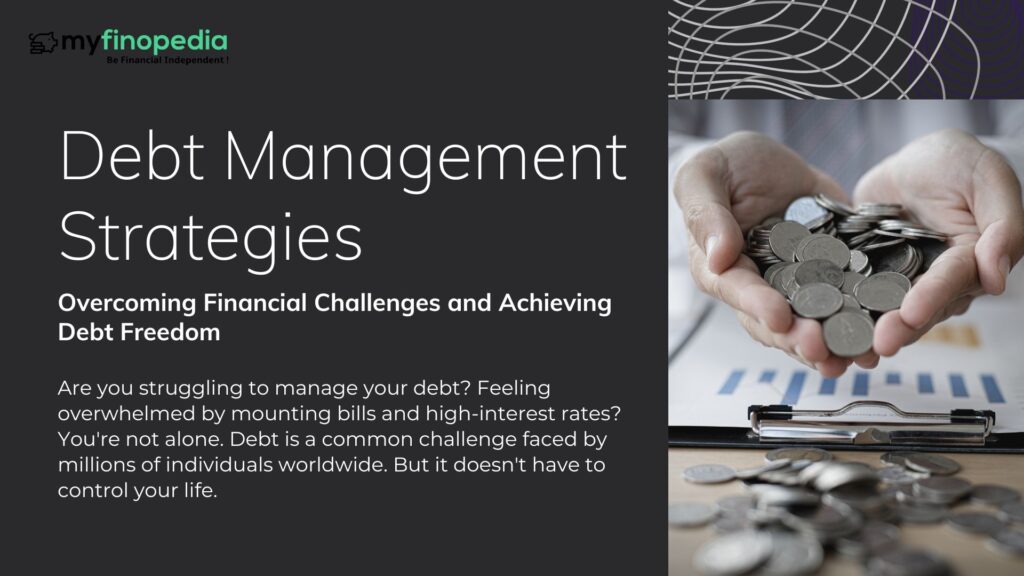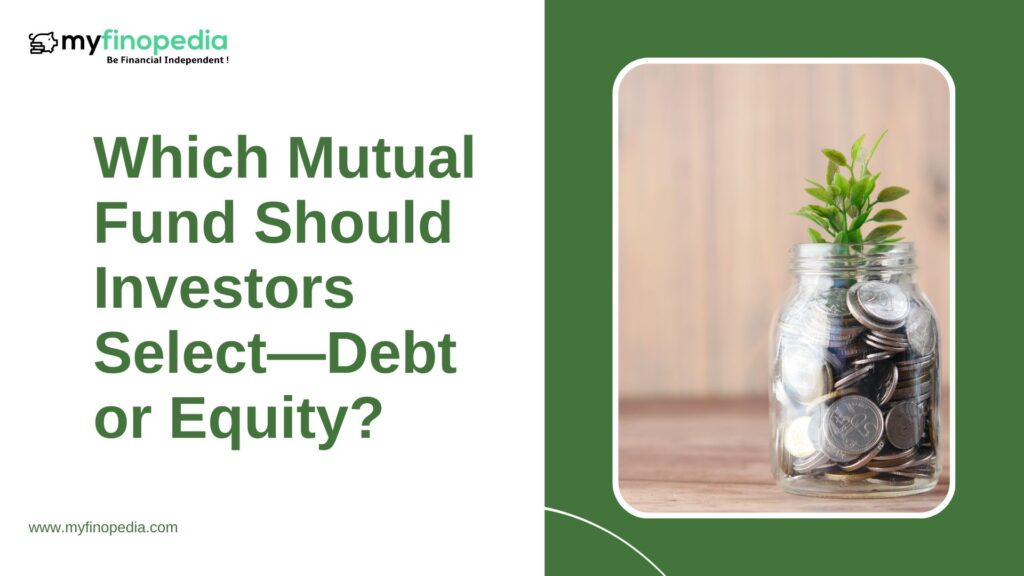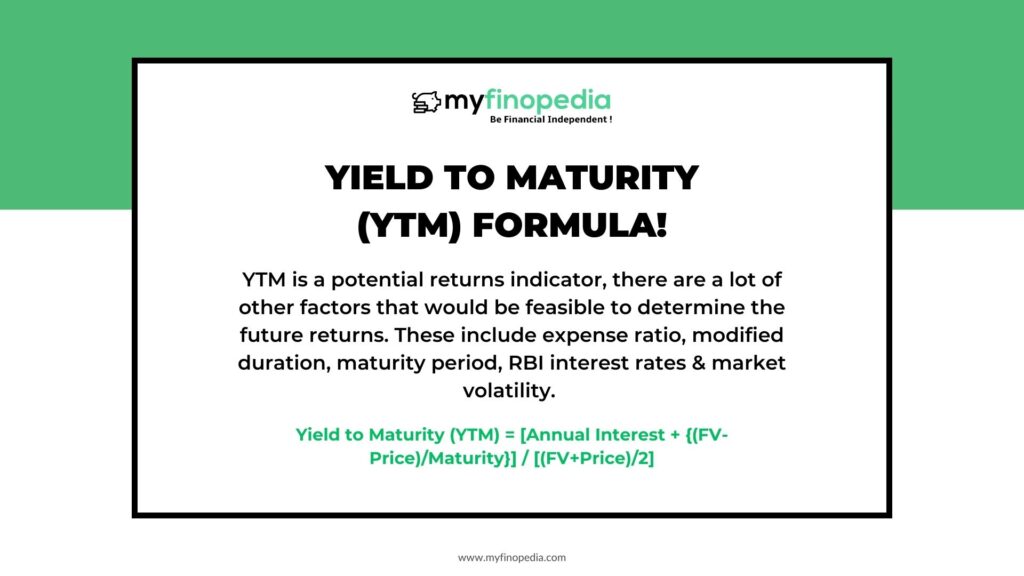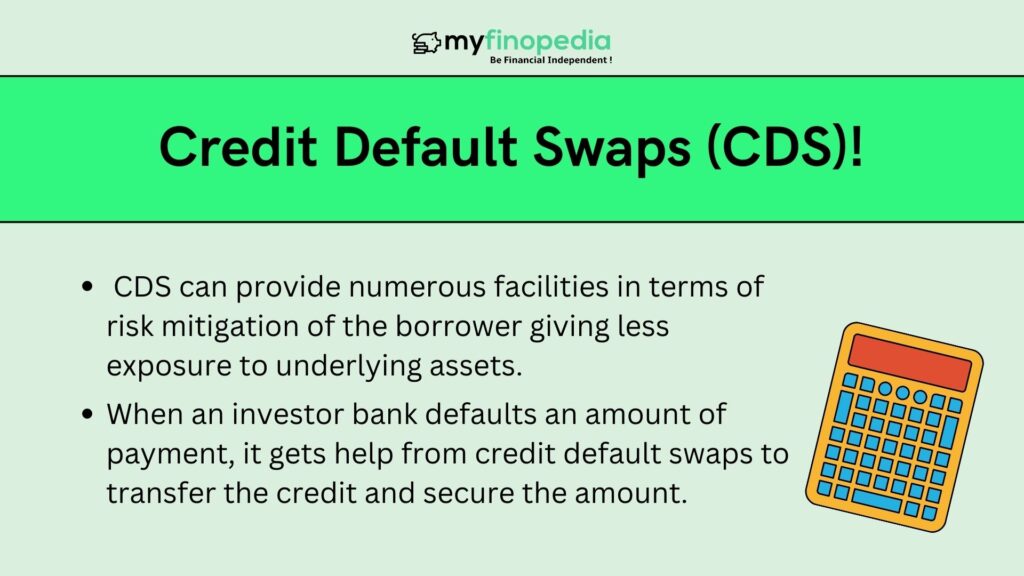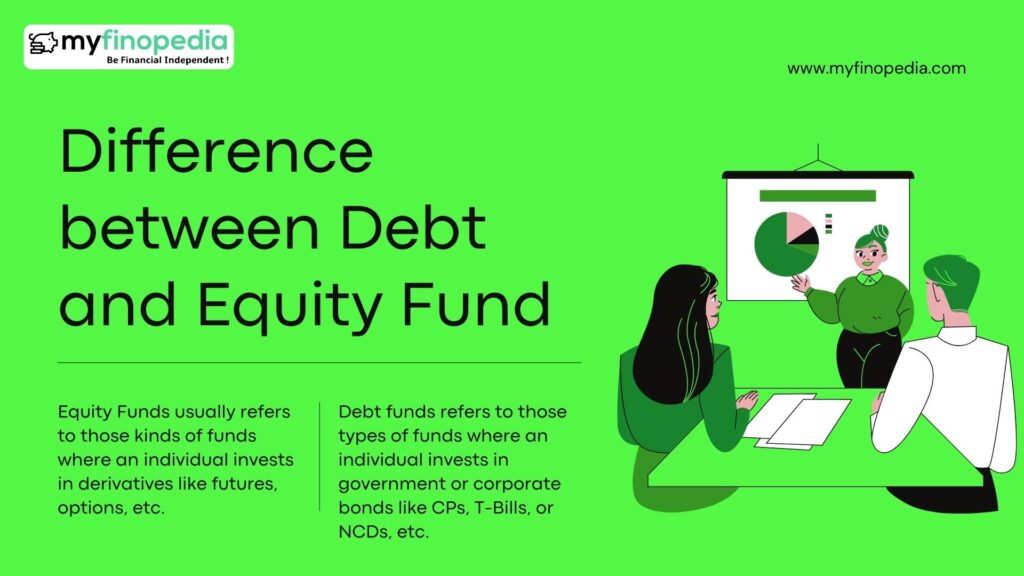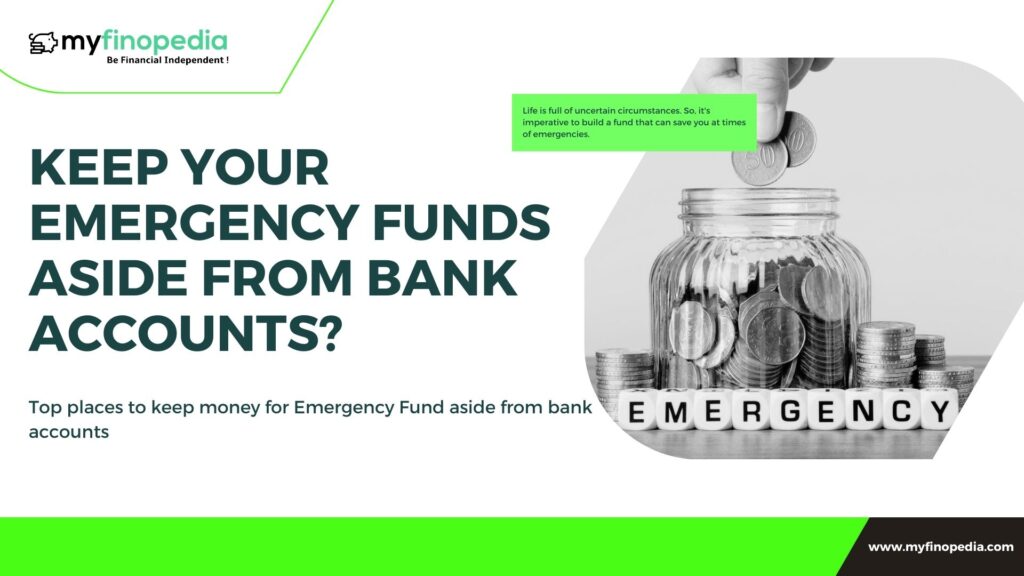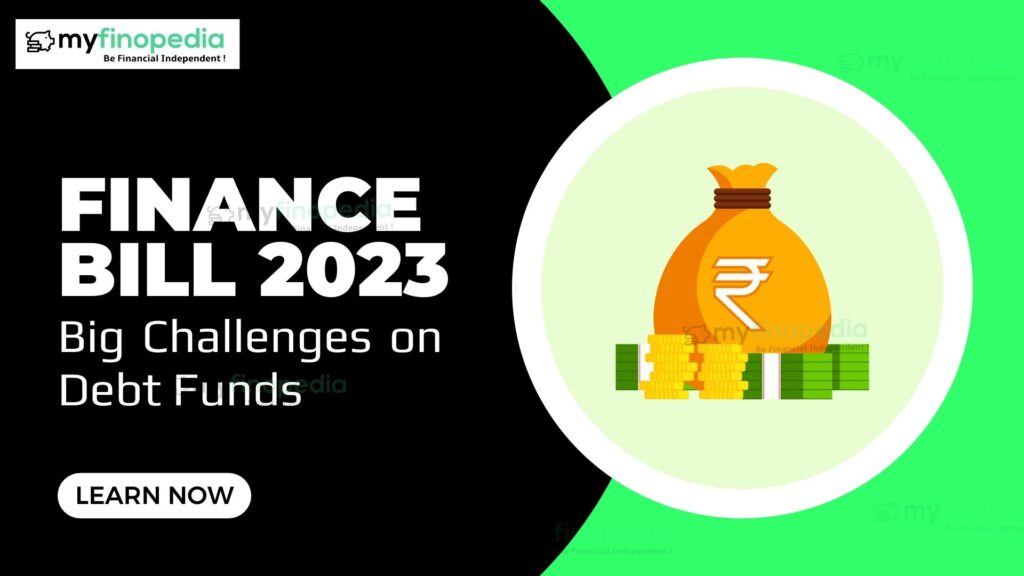Collateralized Debt Obligation
Meaning A collateralized debt obligation is a kind of financial pool that brings together all the available debt instruments, such as loans, mortgages and bonds, compiles them and ranks them according to their risks and returns. Later, the investors can delve upon these tranches and purchase them as per their profit analysis. They also gain …


